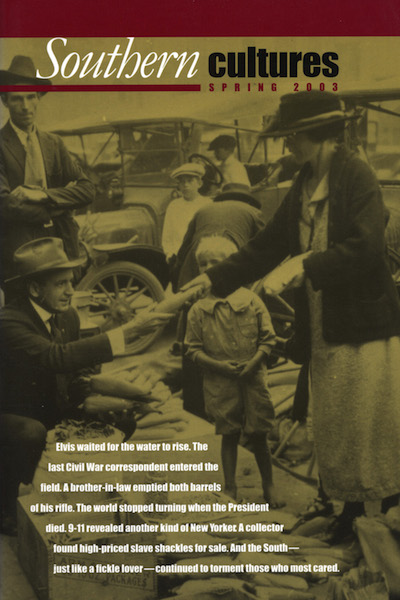Oxford University Press, 2001
Did the spouses of Civil War leaders ultimately affect the outcome of this pivotal event in American history? Would the war have gone differently if Stonewall Jackson or William Sherman had listened more to their wives? These are some of the questions considered in Intimate Strategies of the Civil War, although they’re not questions that yield many new revelations. In fact, most authors acknowledge that wifely influence on wartime strategies was relatively insignificant. And, while Emory Thomas does hypothesize that Robert E. Lee might never have fought for the Confederacy were it not for the strong southern sympathies of his wife, Mary, this portrayal of the unflinching Marse Robert is a little hard to swallow. The same is true of Jackson, Sherman, Grant, and most of the other eight commanders examined here. A more compelling question, which the essayists also consider, is this: if the marriages of Civil War leaders did not greatly affect the progress of the war, how did the war affect those marriages? Looked at from this perspective, Intimate Strategies of the Civil War yields some interesting insights—and some exasperating misperceptions and missed opportunities.


